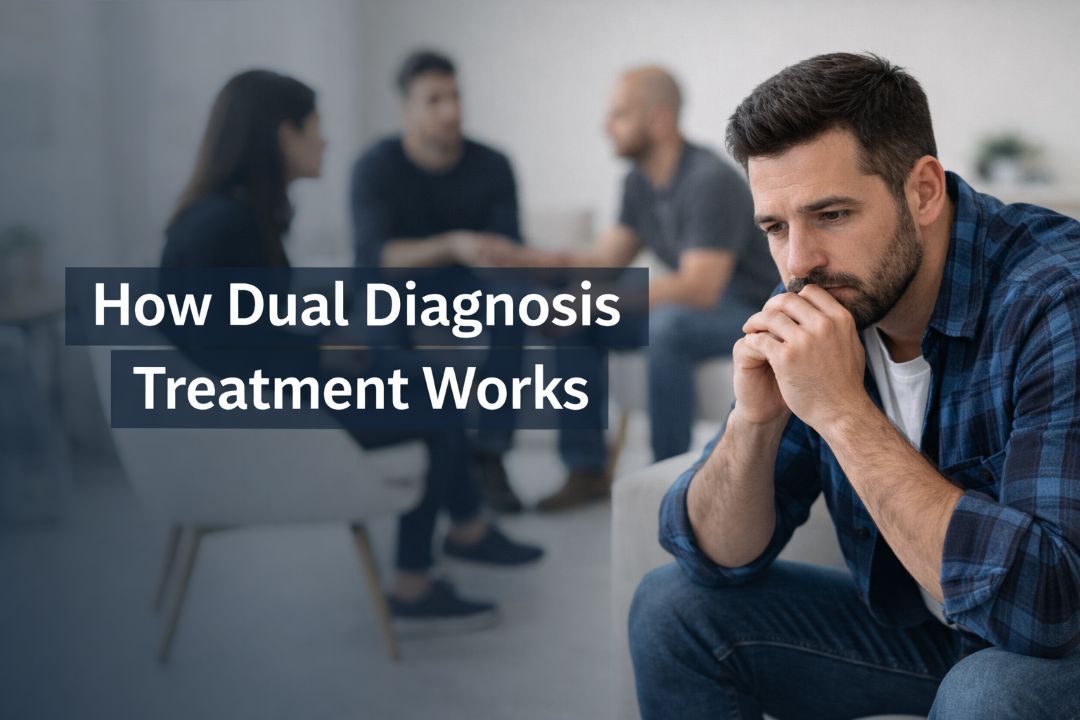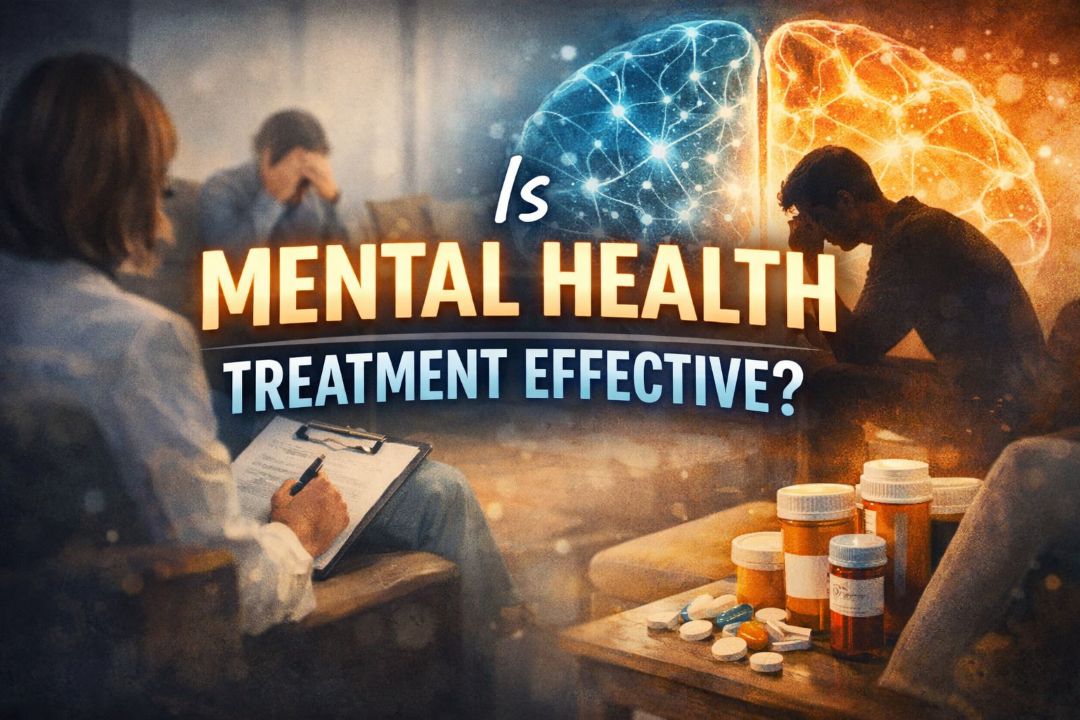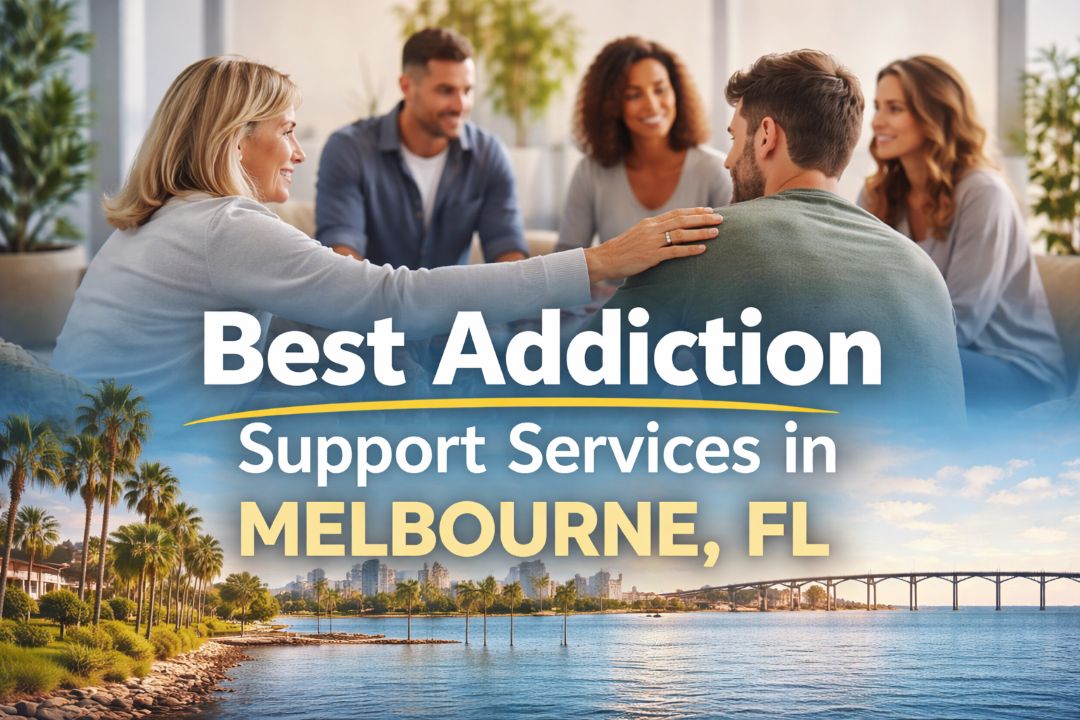In addition to the need to recover using the proven science-based methods in the case of addiction and mental health issues, one should not rely on guesses. Evidence-based treatments are the therapies and medical interventions that have undergone stringent tests and were found to be effective in research and clinical studies. These interventions are the foundation of professional care to assist in substance use disorders, including Alcohol Use Disorder (AUD) and guarantee that people obtain interventions that are actually effective.
At Florida Atlantic Coast Treatment Solutions, we are offering full-speed, evidence-based treatment, individualized to meet the needs of individuals, where individuals are given a long-term road to recovery.
What Professionally Led Behavioral Health Treatments Are Effective in Treating AUD?
The evidence-based treatment of alcohol use disorder (AUD) is based on professionally directed behavioral therapies. These methods aim at assisting the person to know the underlying factors to addiction, learn coping mechanisms and sustain sobriety in the long term.
The best behavioral health treatments include some of the following:
- Cognitive Behavioral Therapy (CBT)
CBT has drawn a large amount of research in the field of addiction and mental health treatment. It assists one in recognizing the negative thoughts and behavior that causes drinking and substitutes them with healthier coping strategies. - Motivational Enhancement Therapy (MET)
MET is used to enhance the motivation of an individual in order to change his/her drinking behavior. It particularly works with people who might not be quite prepared to quit drinking but are willing to consider it. - Contingency Management (CM)
Under this type of therapy, positive behaviors are reinforced with the help of incentives or rewards, like remaining sober or attending therapy sessions. - 12-Step Facilitation Therapy
This method is based on acceptance, spirituality, and peer support to help people accept and recover through 12-step programs such as Alcoholics Anonymous (AA) that are designed to introduce individuals into these programs.
All these therapies have been proven clinically and thus they are major ingredients of evidence based treatment centers in the country.
What Evidence-Based Medications are Available to Treat AUD?
Medication-assisted treatment (MAT) is a combination of medication approved by the FDA and counseling and behavioral therapies and represents the whole-person approach to treatment. Several evidence-based drugs have been found to assist individuals in cutting or quitting drinking through withdrawal symptoms, cravings, or rewarding impact of alcohol.
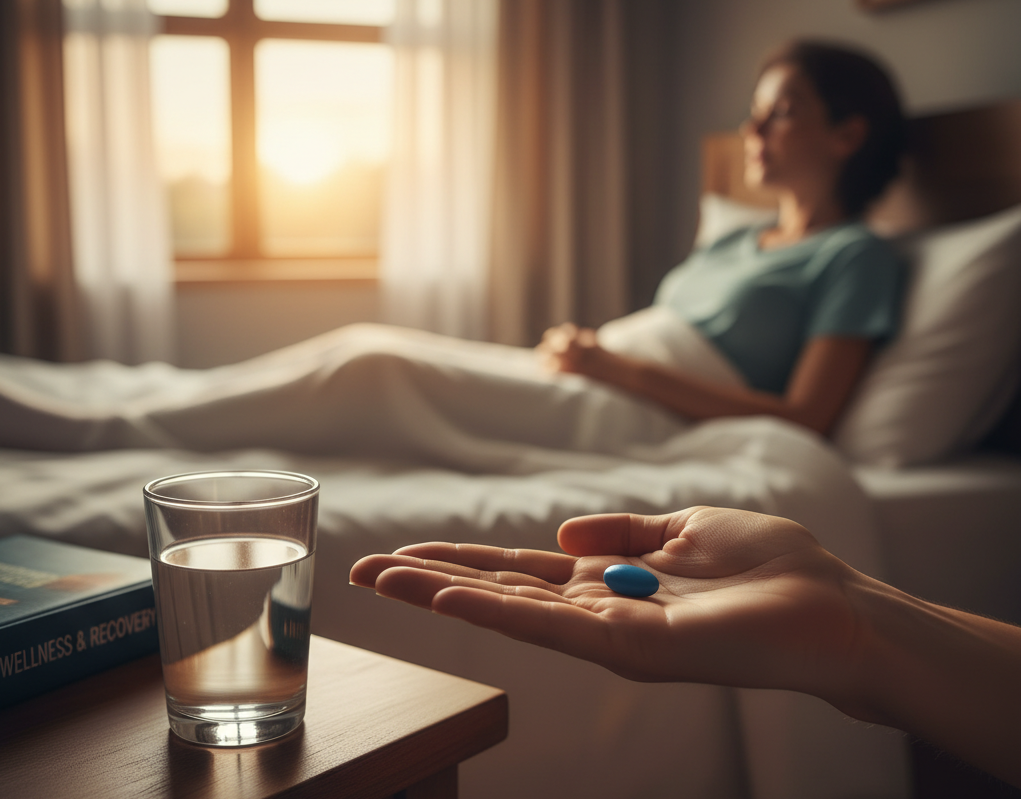
- Disulfiram (Antabuse)
Disulfiram prevents alcohol consumption by giving rise to distasteful physical responses, including nausea and flushing in case one intakes alcohol. - Naltrexone (Revia, Vivitrol)
Naltrexone is a drug that blocks the feeling of euphoria that alcohol gives the brain and, therefore, makes drinking less pleasurable. - Acamprosate (Campral)
Acamprosate is used to normalize the chemical balance in the brain and diminish alcohol cravings, and thus, it is not difficult to stay sober.
These drugs are effective and safe when taken under a doctor’s care and are frequently integrated with evidence-based interventions to treat depression, anxiety, or trauma to treat comorbid conditions.
What Mutual Support Group Choices are Available?
Healing is not done in a vacuum. Support groups assist in offering a supportive and continuous network of support and accountability. They may be applied with professional care to achieve the most results.
Among the better-known and effective options of support groups, there are:
- Alcoholics Anonymous (AA): This is a 12-step program that focuses on spirituality, individual responsibility, and association with peers.
- SMART Recovery: An alternative science-based program that emphasizes on self-empowerment and cognitive-behavioral ideals
- Women for Sobriety: An association that responds to the female emotional and psychological requirements in recovery.
- Celebrate Recovery: A faith-based program based on combining Christian principles and recovery plans.
Although the mutual support groups are not officially in the form of medical treatment, they are considered useful supplements to evidence-based treatments and therapies of trauma because they provide affiliation and belonging in the healing process.
What are the Different Levels of Intensity for AUD Treatment?
All people do not require the same amount of attention. The form of treatment is contingent on the level of addiction, personal conditions, and comorbid mental health conditions.
The levels of AUD treatment are as follows:
- Detoxification (Detox):
The initial process of recovery is the detox, which is useful in the treatment of withdrawal symptoms under the care of the medical personnel. - Residential or Inpatient Treatment:
Offers 24-hour care services in a structured setup. Patients with severe AUD or mental comorbidities. - Partial Hospitalization Program (PHP):
PHP is a step below inpatient care and people are provided with intensive treatments throughout the day but get back to their home at night. - Intensive Outpatient Program (IOP):
Gives flexibility to those who are able to take care of daily life and still be able to attend several hours of therapy per week.
Outpatient Treatment:
It is the best fit among people at the advanced phases of recovery and requires continuous therapy and help in preventing relapses.
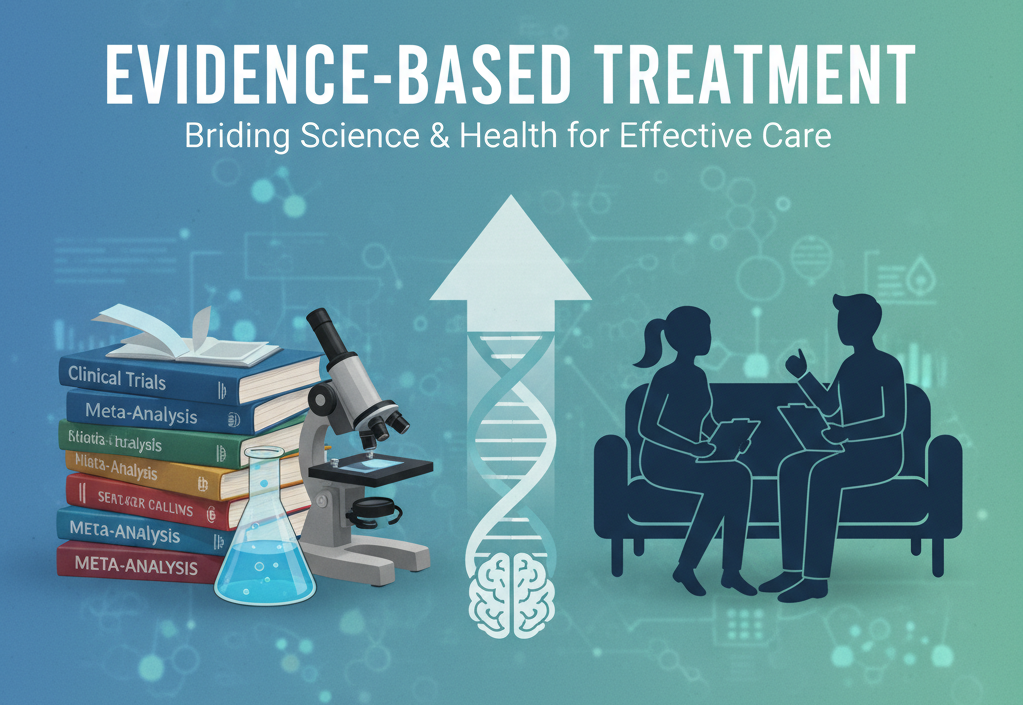
Conclusion
Treatments that are evidence-based offer a good starting point towards recovery of alcohol use disorder and other behavioral health illnesses. Through the selection of an effective, well-known evidence-based treatment facility, patients obtain access to evidence-based treatment, safe drugs, and well-organized support mechanisms, allowing them to experience sustainable recovery.
We unleash clinical expertise yet offer compassionate care to help every person at Florida Atlantic Coast Treatment Solutions towards a healthier and alcohol-free life. When you need help or you or a loved one is in addiction, the help is just a call away.
Call us now at (844) 643-2287 and find out more about our evidence-based, custom-designed treatment programs.
FAQs About Evidence-based Treatment
What is meant by evidence-based treatment?
Evidence-based treatment has undergone scientific testing and has been proven considered effective in terms of effectiveness through research and testing.
What are some examples of evidence-based treatment?
They are Cognitive Behavioral Therapy (CBT), Motivational Enhancement Therapy (MET) and Contingency Management.
What is an example of evidence-based medicine?
Empirical evidence is such as the use of FDA-approved drugs such as Naltrexone or Acamprosate when treating Alcohol Use Disorder.
How do you know if a treatment is evidence-based?
Evidence-based treatment can be said to be a treatment that has undergone controlled trials, been peer-reviewed, and is known to be effective in various populations.
What qualifies as evidence-based?
An evidence-based treatment should demonstrate reliable, quantifiable outcomes in enhancing outcomes based on reliable scientific studies.
